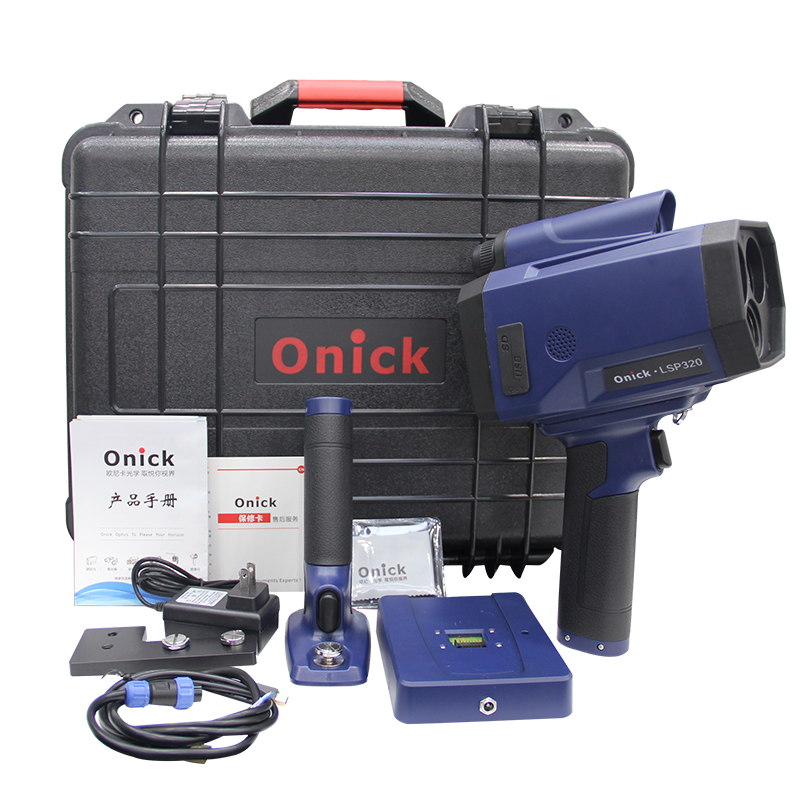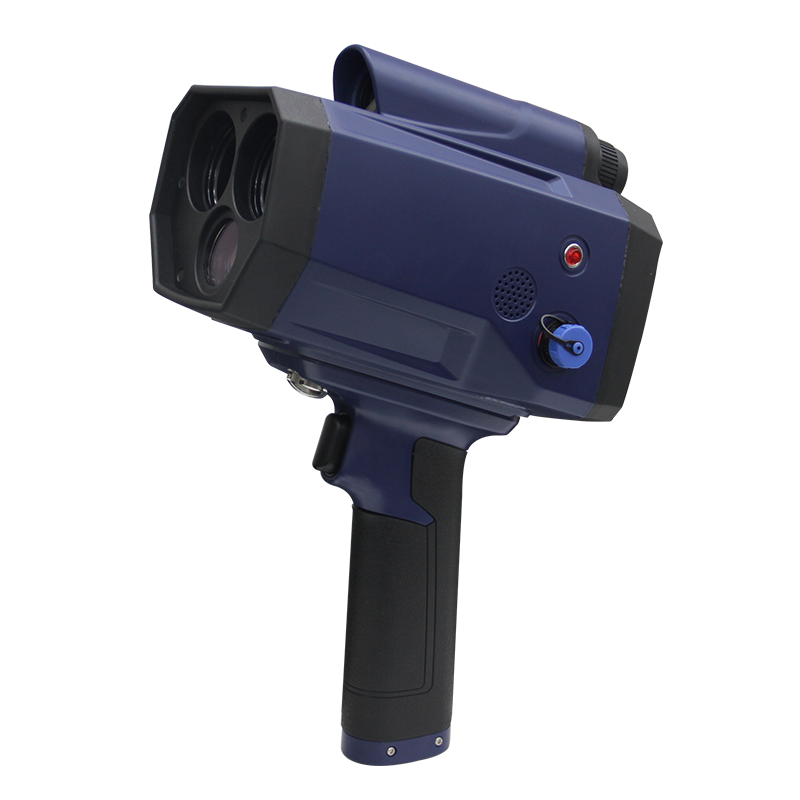Have you ever wondered how police radar impacts your chances of receiving a speeding ticket? Let's explore the science behind police radar and what factors can affect the accuracy of these devices.
Police radar works by emitting a microwave signal that bounces off a moving vehicle and back to the radar device. The radar then calculates the speed of the vehicle based on the frequency shift of the returned signal.
However, there are several factors that can affect the accuracy of police radar. One common issue is operator error. Radar guns need to be properly calibrated and maintained to accurately measure speed. If an officer is not properly trained on how to use the device or does not maintain it correctly, the readings may not be accurate.

Weather conditions can also impact radar readings. Rain or fog can scatter the radar signal, making it difficult to accurately measure the speed of a vehicle. Additionally, certain types of terrain or structures can also interfere with radar readings.
Another factor to consider is the type of radar device used by law enforcement. Some devices are more accurate than others, and different models may have varying rates of accuracy.

So, how does this all impact your chances of receiving a speeding ticket? Ultimately, it depends on the circumstances. If the radar gun was properly calibrated, the officer was trained in its use, and there were no external factors that could have interfered with readings, chances are that a speeding ticket was issued with good reason. However, if any of these factors were compromised, it may be worth contesting the ticket in court.
In conclusion, while police radar can be an effective tool in enforcing speed limits, it is important to understand the factors that can impact its accuracy. Being aware of potential issues can help ensure that you are treated fairly when receiving a speeding ticket.

